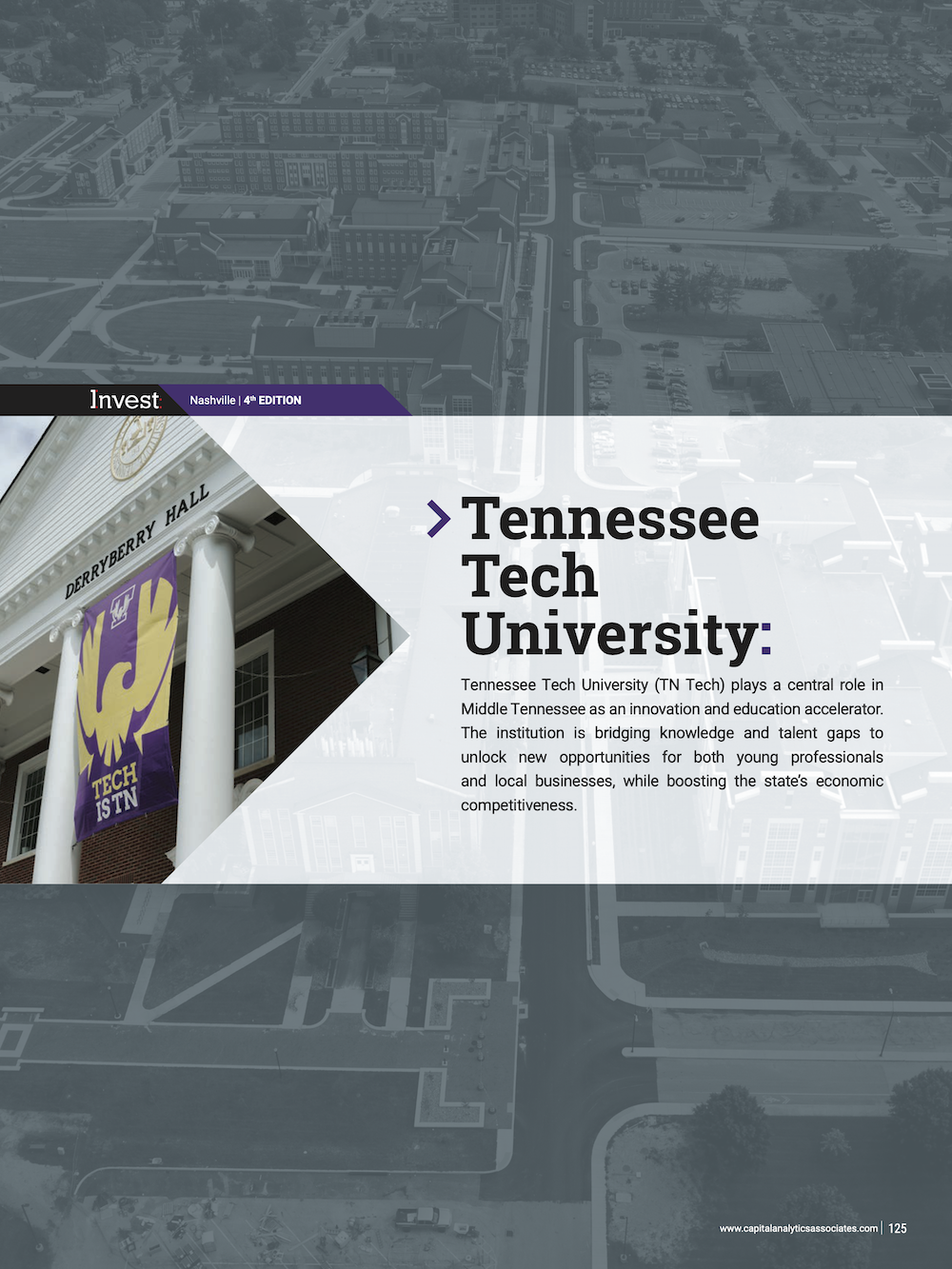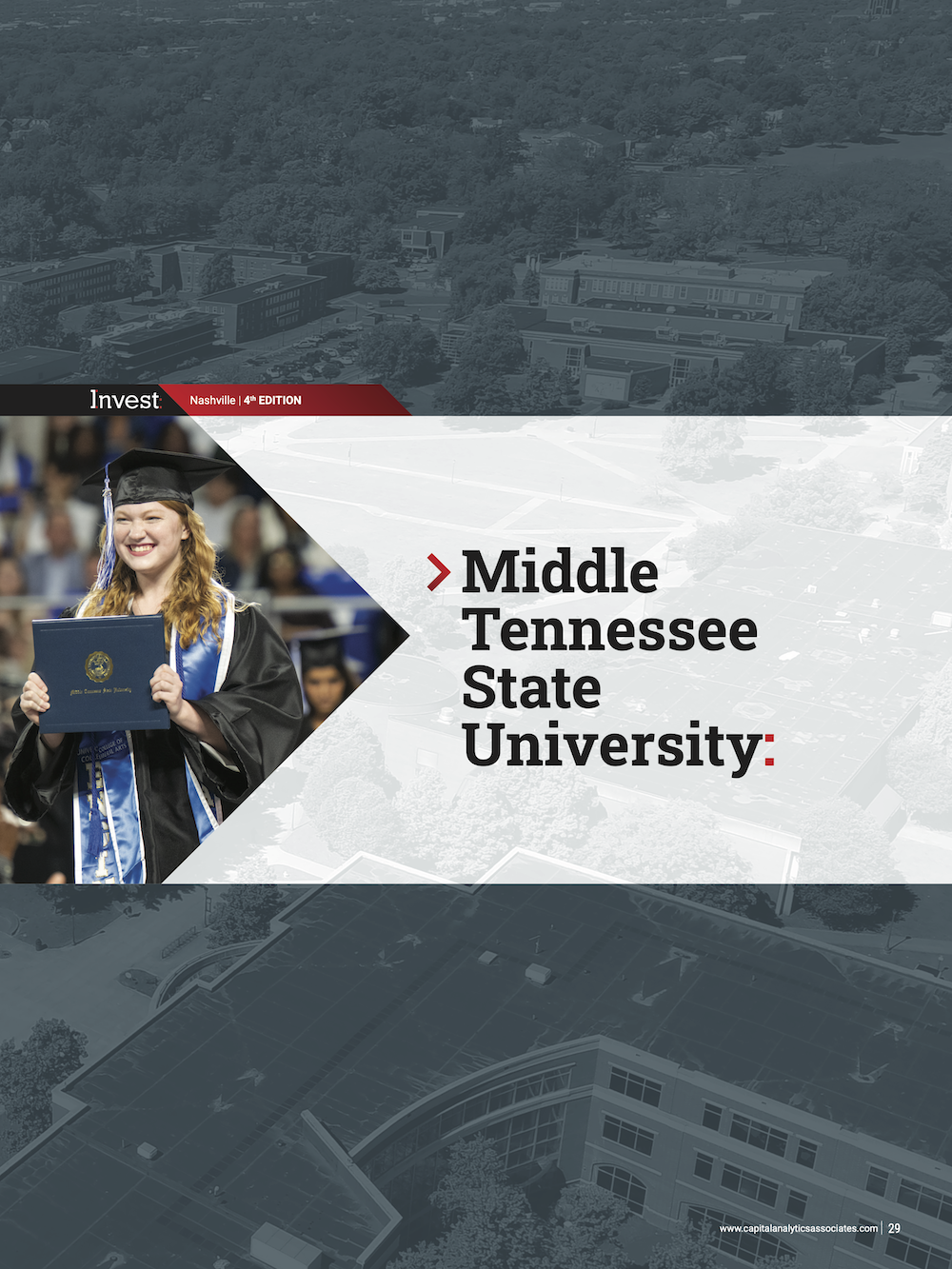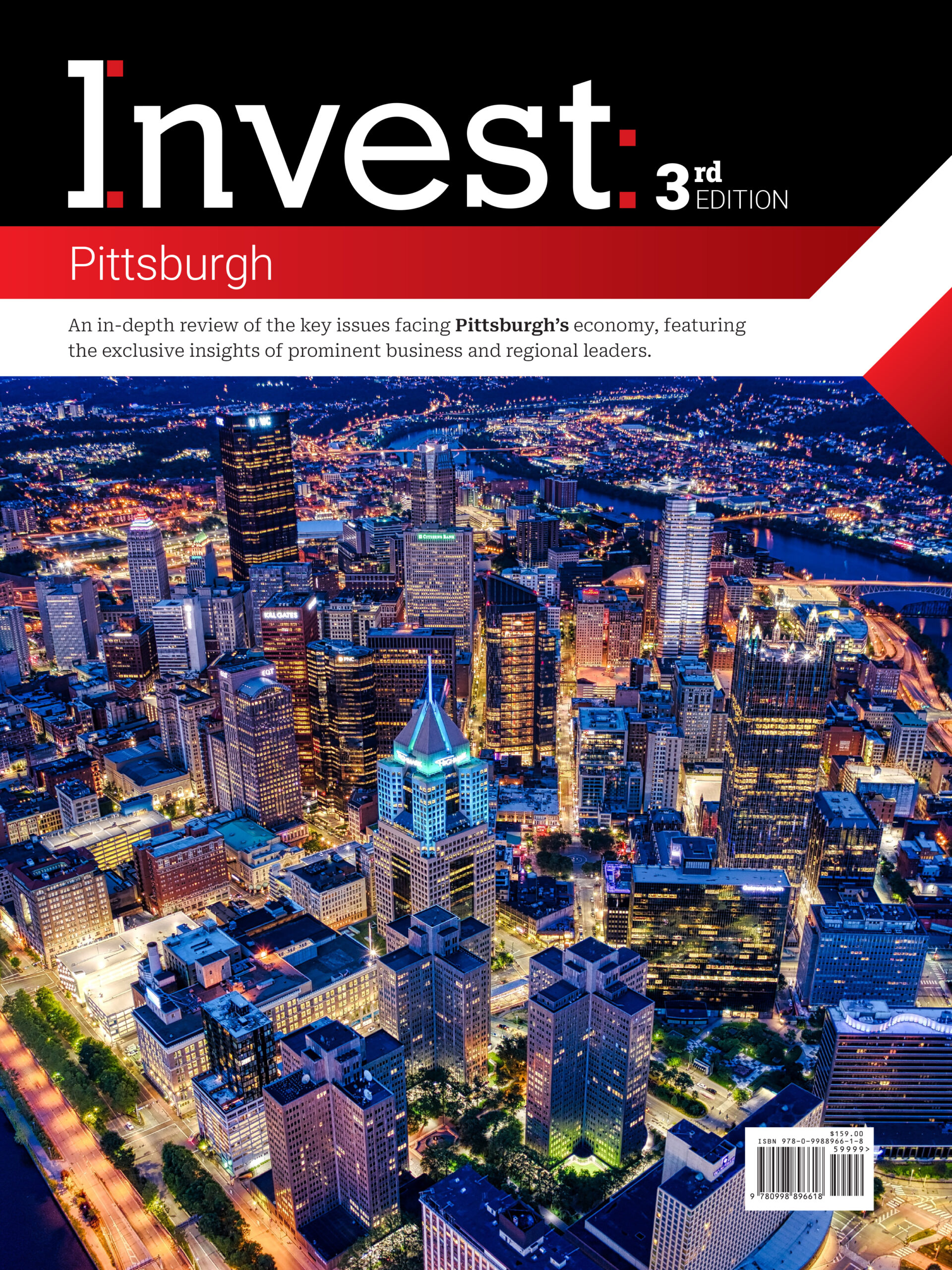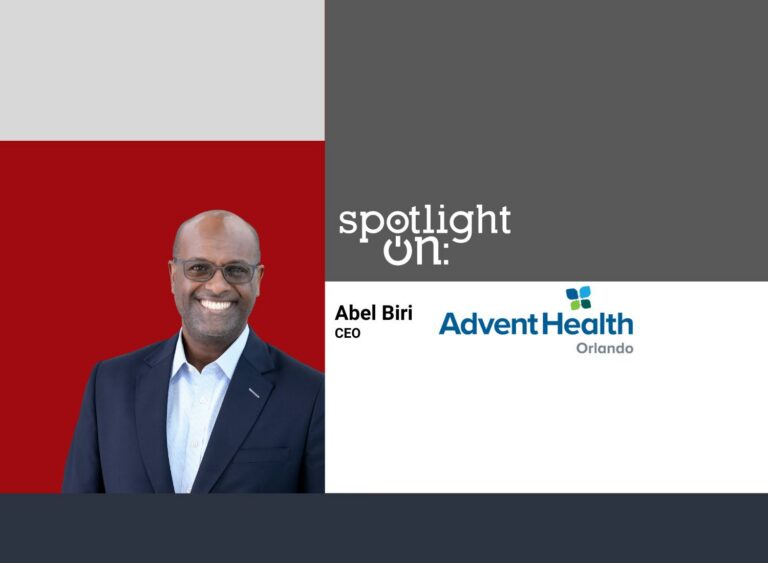Spotlight On: Tim Pike, Regional Managing Partner, Bonadio & Co., LLP
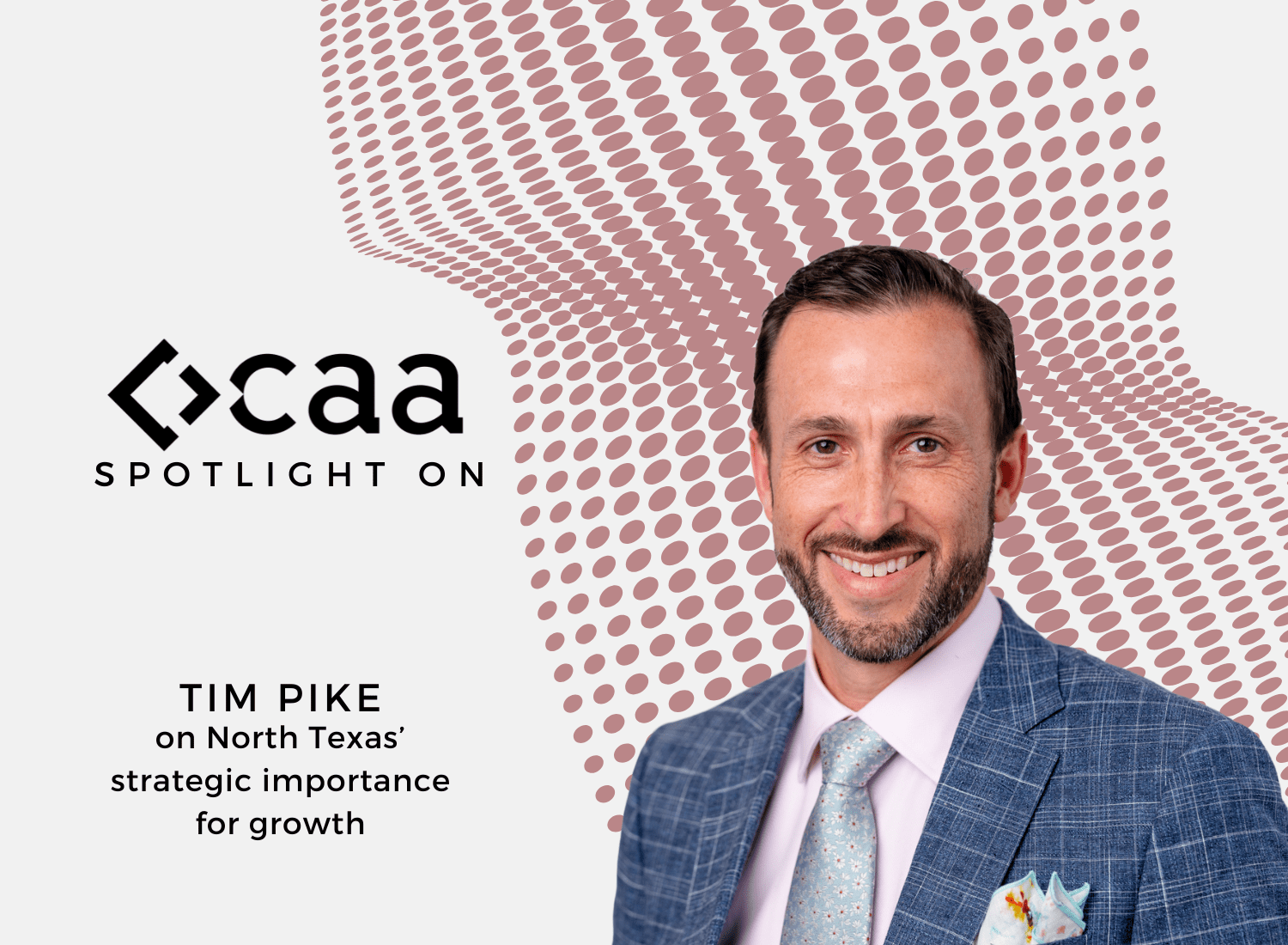 January 2025 — In an interview with Invest:, Tim Pike, regional managing partner at accounting and consulting firm The Bonadio Group, highlighted its rapid expansion and significantly broadened service capabilities. He emphasized North Texas’s strategic importance for growth, citing the region’s economic momentum.
January 2025 — In an interview with Invest:, Tim Pike, regional managing partner at accounting and consulting firm The Bonadio Group, highlighted its rapid expansion and significantly broadened service capabilities. He emphasized North Texas’s strategic importance for growth, citing the region’s economic momentum.
What were the most significant achievements for The Bonadio Group over the last year?
Through Howard, LLP’s merger with The Bonadio Group, which became official on Nov. 1, 2023, we have expanded our services to better support our clients. Our team has grown from 85-86 people to between 1,000 and 1,100. This scale-up has a huge impact — particularly in areas where we previously had to refer clients out. Now, we’re closer to a one-stop shop, especially for complex needs like international taxes. Today, almost every client has some form of international business connection, and this expansion has really deepened our ability to serve them.
Why is North Texas such a valuable location for the firm?
North Texas is an ideal location, partly because of its central position, but also because of the growth we’re seeing here. The statistics are compelling: people and companies are relocating to the Dallas-Fort Worth area in large numbers, and with the economy expanding so rapidly, there’s increased demand for locally based professional services. That’s how Bonadio originally entered the area. About five years ago, a major client told us they’d keep us busy if we could establish a local presence, so we started with a small office of around five people. Fast forward to today, and this merger has allowed us to significantly increase that presence.
But our real edge is the focus on people development, which has been a guiding value for both Bonadio and our team. We spent about 18 months aligning our people development programs before finalizing the merger, comparing everything from executive coaching and leadership programs to manager cohorts. This emphasis on sincere, follow-through support for our team is crucial; it’s not just about announcing programs, but genuinely investing in our people. When we take care of our people, they take great care of our clients.
How would you assess the landscape of the professional services sector?
Most notably, there is a shortage of skilled team members and fewer people entering accounting. This shortage makes it challenging for firms to meet even basic deadlines, let alone build deeper relationships with clients. The high competition for talent directly affects client retention, as many clients switch firms simply because their previous firm couldn’t meet fundamental needs.
We’re also noticing that some economic slowdown in other parts of the US has eased the strain somewhat, but it’s a short-term reprieve. With fewer graduates entering accounting programs, we anticipate a dip in talent over the next four or five years. So, there’s a strong focus now on retaining skilled professionals, which includes addressing the well-known burnout issues in the field. A lot of the industry’s focus is on both building the pipeline of accounting talent and improving how we treat people once they’re in. These trends are definitely shaping our hiring and future projections.
How does DFW’s growth as a financial and real estate hub impact your clients’ strategies?
The financial hub here is growing, especially with Goldman Sachs building a second headquarters downtown and the upcoming Texas Stock Exchange in Dallas. This is a strong signal of the area’s importance to the financial sector. Financial firms invest in areas with promising economic futures, they’ve done the research and appear confident about Dallas-Fort Worth’s growth over the next decade.
In real estate, we’re already seeing an impact on some of our clients, particularly closely held companies that own both real estate and operating businesses. Some are even considering shifting from retail operations to a real estate-focused strategy, leveraging the property they already own. For instance, some homebuilders who traditionally didn’t develop their own land due to capital intensity are now more open to it, given the area’s strong growth. With the high demand here, there’s a solid foundation for real estate that’s unlikely to see drastic drops.
What are the programs in place to help build the pipeline of young talent in this sector?
Within our firm, our focus is on developing talent in ways that encourage long-term commitment. For instance, we offer longitudinal internships, where individuals may have two or three internships over time instead of just a single one-year experience. We also have accelerated development programs. After a year with us, team members are eligible for a more intensive, fast-track path if they choose. It’s a “choose your own path” approach: they can pursue a standard route or opt for the accelerated program, which has potential for quicker promotions and raises, provided they’re willing to do the work. We aim to personalize development, so each person’s experience is tailored, no matter their area of focus.
How do Bonadio’s recent workplace recognitions support talent attraction and retention?
It’s essential for people to see themselves represented within a firm, whether that’s seeing others who look like them, think like them, or share similar values. It’s one thing to say we support diversity and equity, but true investment requires action, and that’s something we’re deeply committed to. Every year, we assess our balance in various areas and consider how our decisions might impact representation and inclusivity.
For instance, if a task force is mostly one demographic, we still consider the message it sends and weigh options to diversify. Currently, we’re almost equally split between male and female partners, which has been hard to achieve for some in our industry. Taking meaningful action is what strengthens our culture, and I believe these recognitions reflect that.
How does your firm support the North Texas community, and how does this align with your mission?
We believe that development extends beyond our firm, so we encourage team members to get involved externally. For example, many of us are active in the CPA community, which also helps us build strong professional relationships and give back to the profession. We also support employees in volunteering for nonprofits, offering time off for these efforts.
Our partnership with United Way is one of our key initiatives. We just wrapped up a campaign providing payroll deductions for United Way or its local nonprofit partners. United Way carefully vets their partners to ensure accountability, so we feel confident supporting them. We also host a “Give Back Day” where our Dallas team volunteers for three of our nonprofit clients, dedicating the entire day to service. Across our 11 offices, each location does something similar, contributing to multiple local organizations. We see it as a way to go beyond just serving our nonprofit clients professionally and to support their missions directly.
What are your top priorities and outlook for the firm in North Texas?
Given the strong economic outlook here, we expect significant growth over the next four to five years. Ideally, we’d like to double our presence. Our main priorities are introducing ourselves more widely in the market. We’ve been fortunate to have some key community supporters in the firm, which helps our name recognition, but we’re working on broader outreach so clients understand the full depth of services we offer.
That said, we’re not looking to expand just for the sake of it. We’re focused on finding clients we can genuinely serve in a meaningful, deep way. So while growth is a goal, it’s targeted and intentional. We’re aiming for strong, relationship-based growth.
For more information, please visit:


